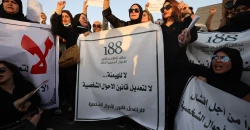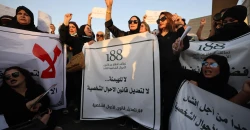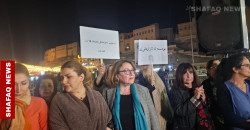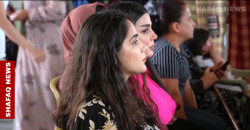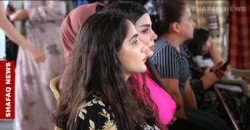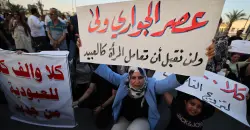Iraqi MP's male-only marathon call sparks gender row
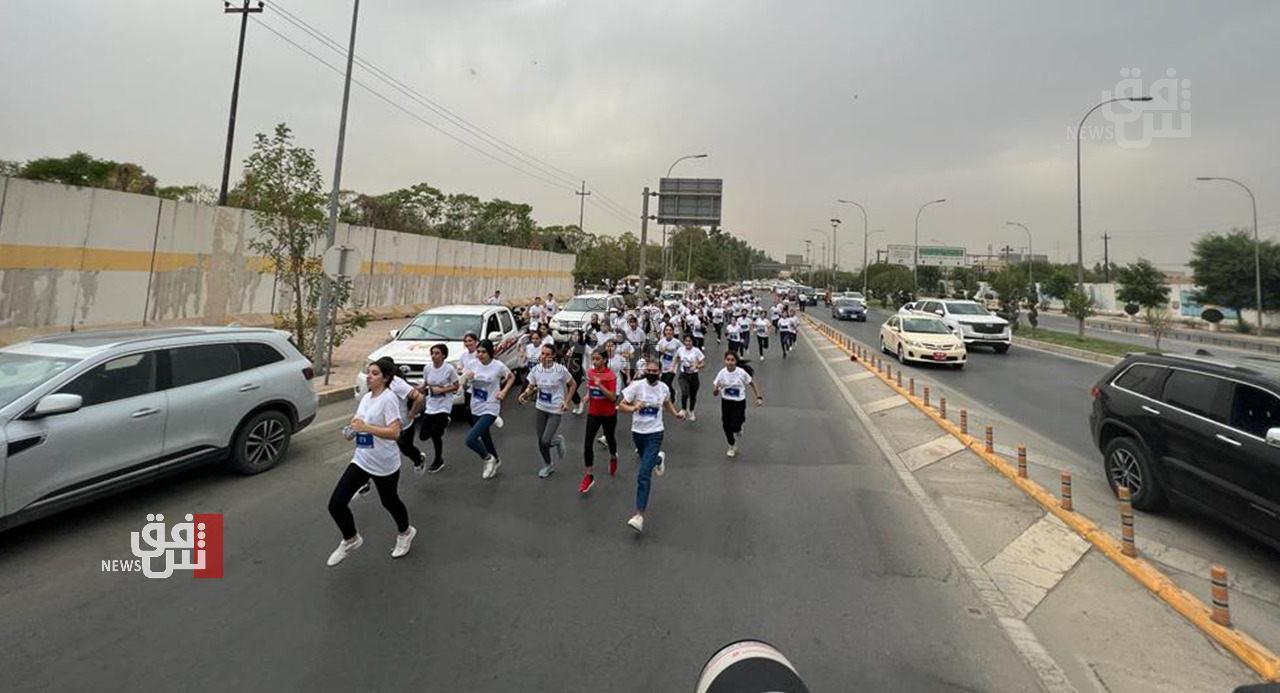
Shafaq News/ Iraqi lawmaker Ahmed Taha Al-Rubaie on Thursday urged organizers of the upcoming Basra International Marathon to limit participation to men, citing the need to safeguard what he described as the Islamic and tribal identity of the province.
In a statement, Al-Rubaie, who represents Basra in Parliament, said, “While we support sports and athletes in the province, we are equally committed to upholding the honorable religious and tribal character of our people.”
He emphasized that the marathon, scheduled for Friday, April 25, should proceed without gender mixing, warning that such events risk “undermining the historical identity of the province.”
Al-Rubaie also called on sponsors to align their support with “the principles and values of Islamic society and authentic Arab traditions,” and cautioned against what he termed as “inappropriate activities,” including loud music or religious violations. He warned that any breach would be “unacceptable” and carry legal consequences for those involved.
This is not the first time female participation in public events in Basra has been curtailed. In February 2024, women were also barred from taking part in a previous marathon, a decision that prompted widespread criticism. At the time, Basra’s local authorities justified the move based on “tribal customs” and claimed it was done “to preserve women’s dignity.” The event was subsequently held as a men-only competition.
More broadly, Iraq has witnessed the cancellation or restriction of numerous cultural and public events in recent years, often under the pretext of upholding religious or tribal values.
These measures are frequently accompanied by strongly worded warnings from political or religious figures and have fueled concerns over the increasing role of conservative forces in shaping public life.
Political and civil actors who oppose clerical influence in state affairs view such restrictions as attempts to enforce social control through moral policing, particularly targeting women's visibility in public spaces.
Despite these challenges, Iraqi women’s sports have a proud legacy dating back to the 1970s and 1980s. In recent years, women's teams and individual athletes have returned to regional competitions in sports like football, boxing, weightlifting, volleyball, and cycling, signaling resilience in the face of mounting social restrictions.
